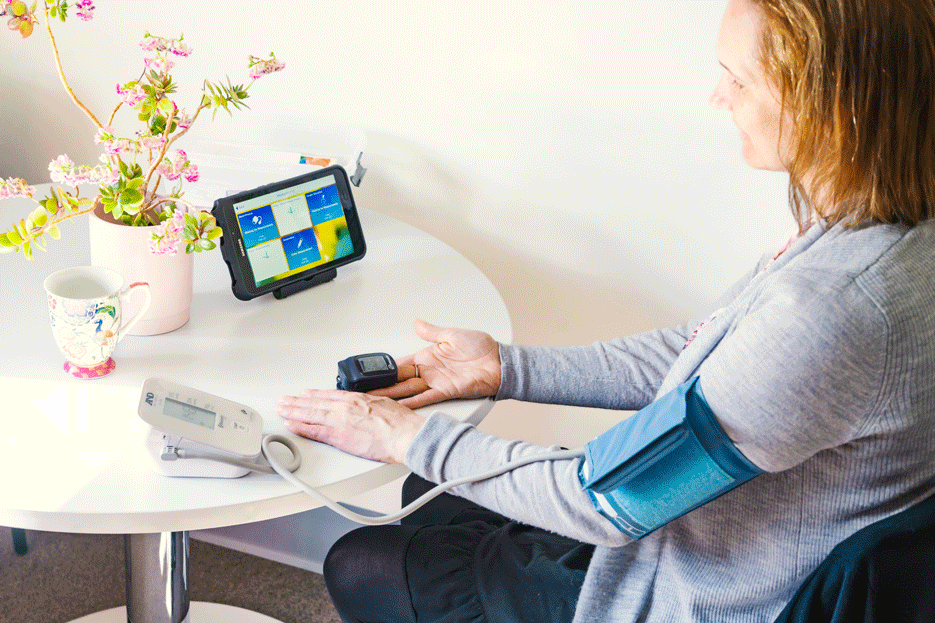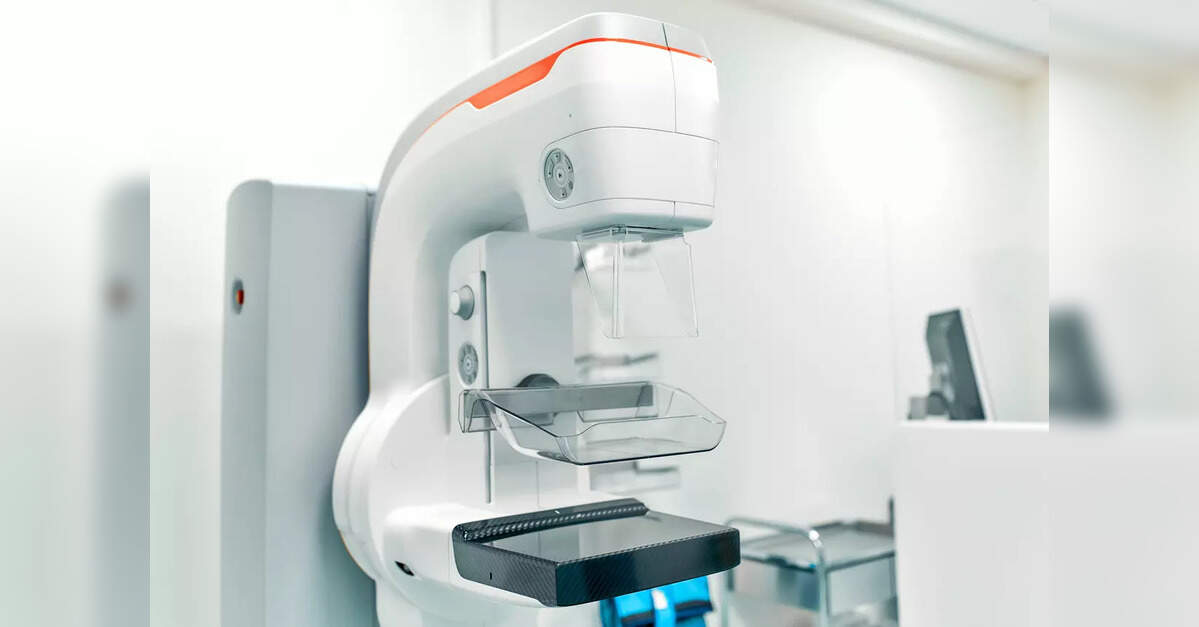The healthcare industry is undergoing rapid transformation, driven by emerging technologies, research breakthroughs, and a growing demand for accessible and efficient care. From telemedicine to artificial intelligence (AI), innovations are not only enhancing treatment but also reshaping the entire healthcare delivery model. In this article, we will explore the next wave of medical advancements, their implications, and what the future holds for patients, providers, and stakeholders.
The Current Landscape of Healthcare Innovation

Telemedicine and Virtual Care
Telemedicine has surged in popularity, especially post-COVID-19, enabling remote consultations and reducing barriers to access. Platforms like Teladoc and Amwell allow patients to connect with doctors from the comfort of their homes, cutting down on wait times and travel.
Artificial Intelligence in Diagnosis
AI is revolutionizing diagnostics. Algorithms can now detect conditions such as cancer, diabetic retinopathy, and heart disease with impressive accuracy. Tools like IBM Watson Health and Google DeepMind have shown promising results in identifying anomalies in imaging scans faster than human experts.
Personalized Medicine
Genomics and biotechnology advancements have led to personalized treatments based on a patient’s genetic makeup. This approach is proving especially effective in oncology, where therapies can be tailored to target specific genetic mutations.
Robotics and Minimally Invasive Surgery
Surgical robots, such as the da Vinci system, are making surgeries more precise and less invasive. This reduces recovery time, minimizes scarring, and lowers the risk of complications.
Emerging Technologies Reshaping Healthcare

3D Printing in Medicine
3D printing is used to create custom prosthetics, implants, and even organ models for pre-surgical planning. In the future, bioprinting may allow for the creation of functional human tissues and organs, potentially solving the organ donor shortage.
Wearable Health Tech
Wearable devices like smartwatches and fitness trackers collect real-time health data, enabling continuous monitoring of vital signs such as heart rate, oxygen saturation, and ECG. These tools empower patients and provide valuable data for clinicians.
Blockchain for Health Data Security
Blockchain technology offers a decentralized and secure way to store and share medical records. This ensures data integrity, privacy, and easy access for authorized parties, helping reduce medical errors and improving coordination.
CRISPR and Gene Editing
CRISPR technology allows scientists to edit genes with unprecedented precision. It holds promise for treating genetic disorders like sickle cell anemia, cystic fibrosis, and even some cancers.
The Future of Patient Care
AI-Powered Virtual Health Assistants
AI chatbots and virtual assistants can triage symptoms, remind patients to take medications, and schedule appointments. They enhance efficiency and offer 24/7 support without overwhelming healthcare staff.
Remote Patient Monitoring

Remote patient monitoring (RPM) tools enable healthcare providers to track chronic conditions such as diabetes and hypertension. Devices send data to clinicians, who can adjust treatment plans in real time.
Regenerative Medicine
Stem cell therapy and tissue engineering aim to repair or replace damaged tissues and organs. These innovations could revolutionize the treatment of injuries, degenerative diseases, and age-related conditions.
Mental Health Tech Solutions
Mental health platforms using AI, virtual reality (VR), and mobile apps are expanding access to therapy and self-care tools. These solutions cater to growing mental health needs in a convenient and stigma-free manner.
Challenges and Considerations
Ethical and Regulatory Concerns
With rapid innovation comes the need for robust regulatory frameworks. Issues like data privacy, algorithmic bias, and informed consent must be addressed to maintain trust and safety.
Cost and Accessibility
Advanced treatments and technologies can be expensive, potentially widening the gap between different socioeconomic groups. Ensuring equitable access will be crucial for widespread adoption.
Integration with Existing Systems
Healthcare systems must evolve to integrate new technologies seamlessly. Interoperability between devices, platforms, and providers is essential for realizing the full potential of innovations.
Training and Workforce Development
Healthcare professionals need ongoing training to adapt to new tools and workflows. Institutions must invest in upskilling staff to ensure a smooth transition to tech-enabled care models.
Also Read : The Future Of Healthcare: Trends And Innovations You Need To Know
Conclusion
The future of healthcare is bright, with groundbreaking technologies poised to improve outcomes, enhance patient experience, and lower costs. However, innovation must be matched with thoughtful implementation, ethical oversight, and a commitment to inclusivity. As we move forward, collaboration among technologists, clinicians, regulators, and patients will be key to shaping a healthier and more equitable world.
FAQs
What is the most impactful recent innovation in healthcare?
AI-powered diagnostics and telemedicine are among the most transformative recent innovations, greatly improving access and accuracy.
How does wearable technology benefit patients?
Wearable tech enables real-time health monitoring, encouraging proactive care and better management of chronic diseases.
Will robots replace surgeons?
While robots assist in surgery, they will not replace surgeons. Instead, they enhance precision and reduce risk during procedures.
Is gene editing safe and ethical?
Gene editing shows promise but raises ethical questions, particularly concerning germline editing. Ongoing research and regulation aim to ensure safe and responsible use.
How can healthcare innovations be made more accessible?
Policymakers and healthcare providers must prioritize affordability, digital literacy, and infrastructure development to bridge the access gap.








